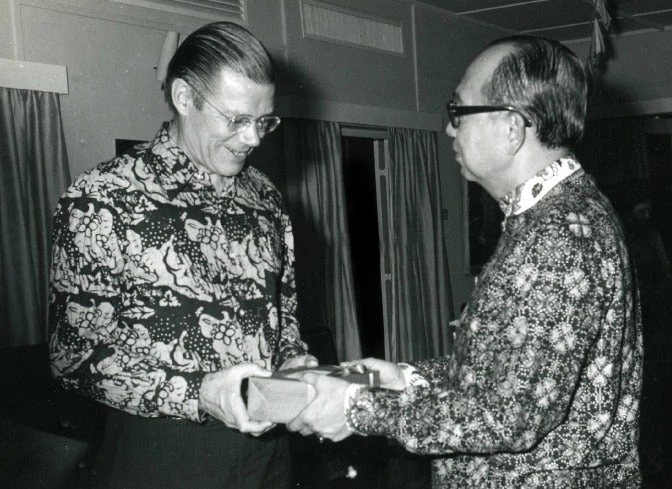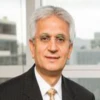
Nearly 75 years ago in Bretton Woods, New Hampshire, a group of nations met to discuss the establishment of a global system of cooperation for supporting the economic recovery of countries affected by the Second World War. The outcome of these deliberations resulted in the creation of the International Bank for Reconstruction and Development (IBRD) and the International Monetary Fund; and an immediate post-war focus on financing the reconstruction of war-torn countries, particularly in Europe. The first few loans issued by the IBRD were to France, the Netherlands and Denmark.
In the ensuing decades, the IBRD witnessed two important transitions: (i) a gradual shift in emphasis from financing ‘reconstruction’ to financing ‘development’ as countries began to phase-out their reconstruction efforts; and (ii) the formation of an expanded ‘World Bank Group’ with the establishment of the International Finance Corporation, the International Development Association, the International Center for the Settlement of Investment Disputes and the Multilateral Investment Guarantee Agency. A third transition which emerged in the 1990s and 2000s was the greater emphasis on sharing global ‘knowledge’ alongside the long-standing agenda of extending concessional ‘financing’ to support the development priorities of countries around the world.
This evolution towards adopting a ‘knowledge’ agenda reflected the changing requirements of governments as a greater number of countries in recent decades successfully climbed up the income ladder and were no longer in need of development financing. Some of these shareholding countries that moved beyond borrowing status developed a new type of institutional relationship with the IBRD: one focused on the generation and dissemination of innovative policy solutions for the benefit of other countries striving to reduce poverty, increase shared prosperity and navigate the challenges posed by disruptive technologies.
The creation of the World Bank Group Global Knowledge and Research Hub in Malaysia in 2015 is a clear expression of this evolving World Bank agenda. After Malaysia transitioned to upper-middle income nation status in the 2000s, it expressed an interest in forging an innovative development partnership with the World Bank to help share its own development experiences, produce cutting-edge policy innovations, conduct original economic research with global impact, and promote South-South knowledge exchanges. Another dimension of this partnership is to support Malaysia’s own development priorities as it continues its own journey toward high-income nation status - and connecting its economy regionally and globally.
In line with this corporate strategy, the World Bank Group Global Knowledge and Research Hub in Malaysia has made good on its promise to deliver results since its establishment around three years ago. Among its noteworthy results include contributions to innovations in the areas of financial services, the digital economy and global economic research. These contributions have resulted in the launching of the global ‘Green Sukuk’ market (with the first-ever issuance of a Green Islamic bond in Malaysia), the spread of digital enhancements to migrant remittance services, and important innovations in the areas of digital taxation, Fintech, alternative financing models and long-term economic growth modeling.
Against this background, I am delighted that the ‘Malaysia Hub’ will be coming to Washington DC during the 2019 Spring Meetings and hosting an event under the title: ‘Lessons from the Development Frontier: a Malaysia Hub Event’. This event will consist of two-high level panels focused on ‘sustainable finance’ and ‘digital economy’ and will bring together Ministers and policymakers from Malaysia and countries from around the world to share experiences and development perspectives on these important development topics.
Good ideas in action are a great force for development and constitute a critical part of our institution’s global mandate in the years ahead. I look forward to seeing the future contributions of our development partnership with Malaysia as operationalized by our Global Knowledge and Research Hub in Kuala Lumpur.
----------------------
This article features in the April 2019 edition of the Development Digest, a half-yearly publication that features key works from teams based at the World Bank Group Global Knowledge and Research Hub in Malaysia.


Join the Conversation